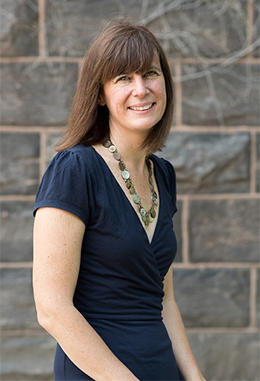Abstract
The microbiome is now considered our "second genome," with potentially comparable importance to the genome in determining human health. There is, however, a relatively limited understanding of the broader environmental factors, particularly social conditions, that shape variation in human microbial communities. Fulfilling the promise of microbiome research—particularly the microbiome’s potential for modification—will require collaboration between biologists and social and population scientists. For life scientists, the plasticity and adaptiveness of the microbiome calls for an agenda to understand the sensitivity of the microbiome to broader social environments already known to be powerful predictors of morbidity and mortality. For social and population scientists, attention to the microbiome may help elucidate nagging questions as to the underlying biological mechanisms that link social conditions to health. We outline key substantive and methodological advances that can be made if collaborations between social and population health scientists and life scientists are strategically pursued, as well as provide a recent example of just such a collaboration.
Biography

Pamela Herd, Ph.D.
Professor of Public Policy, Georgetown University
Principal Investigator, Wisconsin Longitudinal Study
Dr. Pamela Herd's research expertise focuses on inequality and how it intersects with health, aging, and policy. She is an expert in survey research and biodemographic methods. She is currently the chair of the Board of Overseers for the General Social Survey, a member of the Board of Overseers for the Panel Study of Income Dynamics, a board member for the Population Association of America, and a standing member of a NIH review panel for the social and population sciences. She has received grant awards for her work from the NIH, the Russell Sage Foundation, the Ford Foundation, and AARP. She is the principal investigator of the Wisconsin Longitudinal Study.








